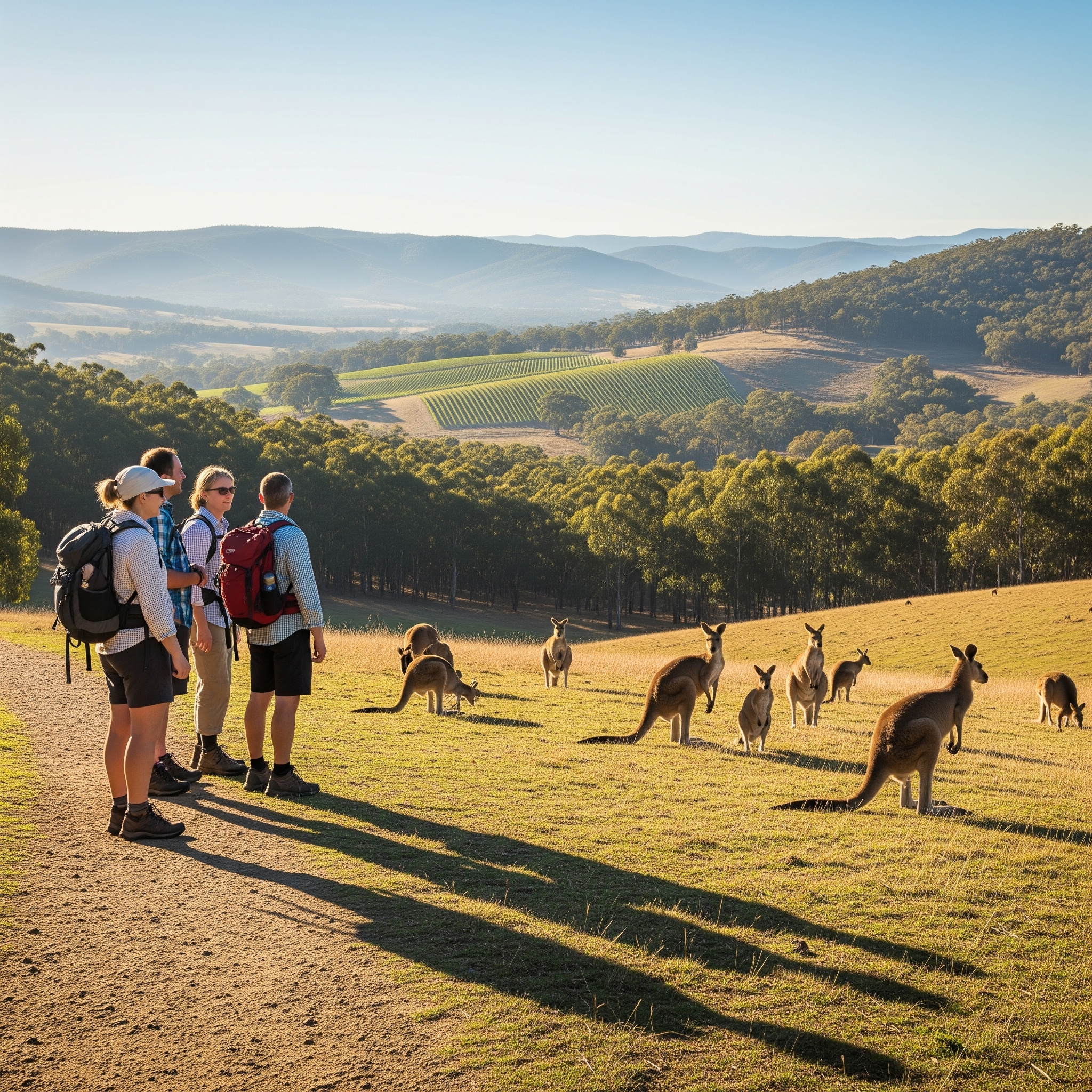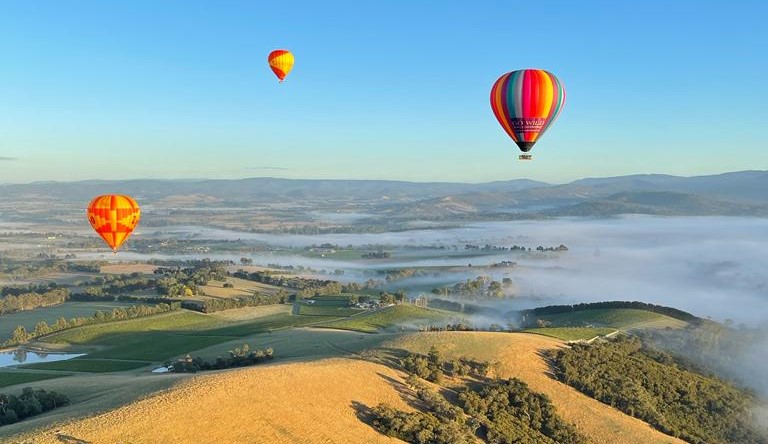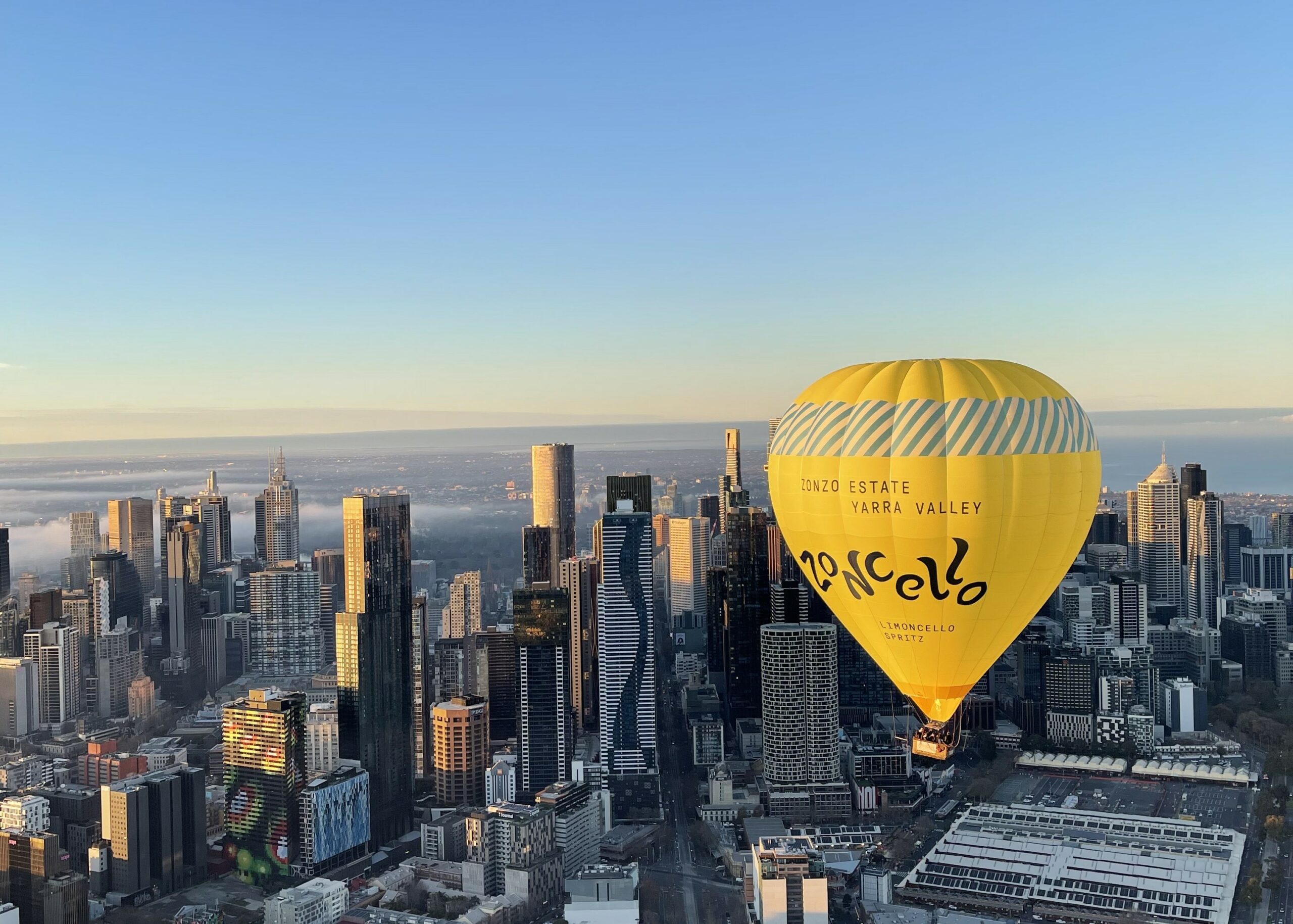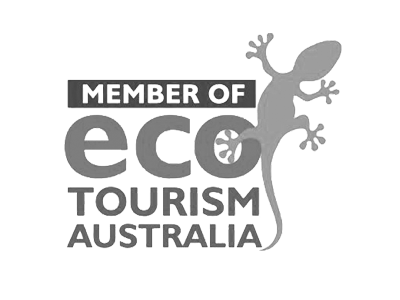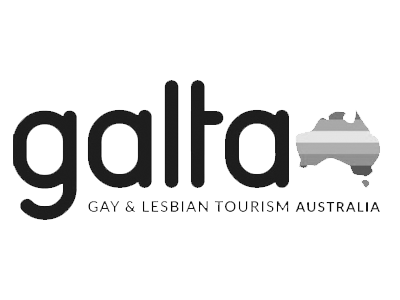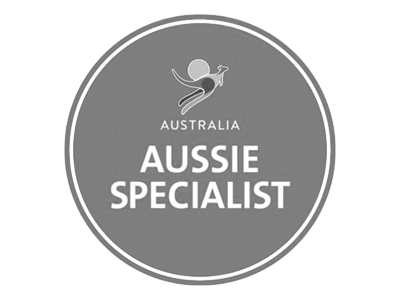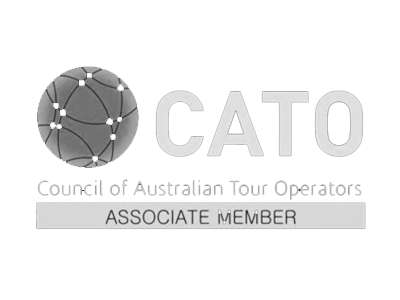DESCRIPTION
THIS SPECIAL TRIP to Raymond Island allows you to become involved and provide assistance in a region that suffered horrendous wildlife losses as a result of the 2019–20 bushfires. These fires destroyed nearly 2 million hectares of forest in the far southeastern corner of Australia and killed untold millions of wild animals.
Raymond Island itself was not burnt and has now become a significant island ark for many species of plants and animals including koalas, kangaroos, wallabies, echidnas and many bird species. Echidna Walkabout and their not-for-profit Koala Clancy Foundation, have teamed up with the local Landcare group and concerned residents to set up a wild koala research project on the island. Data they collect will be collated by the new koala conservation group on the island – including tree species preference, behaviour, identification of individuals and evidence of koalas drinking stemflow (water moving down the stem). They take walks through the forest spotting koalas in the wild. They may also see echidnas, swamp wallabies and eastern grey kangaroos and many colourful parrots, honeyeaters and seabirds, which you can help record for conservation purposes.
Conservation Travel is all about making a difference by getting out into the bush and affecting real change. It’s about working with locals who know the area and how they can fix the problems, but need help to do so
ITINERARY
Day 1 – Thursday Arrival in Melbourne (domestic airfare not included)
Make you own way to your hotel (Holiday Inn Express Southbank). Meeting with the guide in the evening.
Day 2 – Friday
Melbourne to Raymond Island, East Gippsland
Breakfast at hotel
Early pick up in the city by your wildlife guide to travel into East Gippsland. Travel past internationally acclaimed RAMSAR wetlands of the Lakes District before travelling by ferry to an island sanctuary in the wetlands with a thriving colony of wild
koalas. We’ll arrive late in the morning and go directly to our accommodation to settle in before having lunch. Your guide will describe the conservation program set up between the Raymond Island community, the Koala Clancy Foundation and how you, as a tourist, can fit into this project.
We’ll meet with the local Landcare group who will explain what they are doing on the island to care for koalas and the wider biodiversity of this very important reserve. You’ll also learn about what you will be doing on the next day to help conserve viable wildlife populations on the island including tree planting and caring for trees that have already been planted.
For the rest of the day we’ll take walks through the forest spotting and recording koalas in the wild. We may also see echidnas, swamp wallabies and eastern grey kangaroos and many colourful parrots, honeyeaters and seabirds, which you can help record for conservation purposes.
Accommodation: The Abbey for 3 nights
Breakfast, lunch and dinner provided
Day 3 – Saturday
Down to business: tree planting, tree care, koala research
After an early breakfast we head out to start working on our tree project. Today you’ll be working with the local Landcare group to help plant new trees and nurture trees that have already been planted. This second task is vitally important to the success of any tree planting and involves resetting tree protection (plastic guards on very young trees) if they have been damaged, mulching, watering and removing tree protection from older trees and ensuring they are in good health. You should wear clothes that you would use for gardening for this day as you will get dirty. Gloves will be supplied as will lots of water and some snacks. This work is lots of fun and very fulfilling!
Accommodation: same as previous night.
Breakfast, lunch and dinner
Day 4 – Sunday
Explore The Lakes
National Park
The Lakes National Park protects the linear waterways and coast along Ninety Mile Beach in East Gippsland. The inland side of the lakes system is well populated, but the coastal section is remote and very beautiful with lots of wildlife. We’ll take a boat from Raymond Island for a short cruise across Lake Victoria towards the coast. We’ll visit Rotamah Island, a famous bird-watching location, and walk across that island to Ninety Mile Beach that curves in a huge, virtually untouched arc from horizon to horizon. There is a chance that we will see the newly described Burranan dolphin that cruises these lakes in small pods. We’ll see many species of birds of both the inland waterways and the ocean including possible migratory visitors from the northern hemisphere. We’ll document all these sightings and help you to learn how to find and identify birds. N.B. Boat travel on this day is weather dependent. If we cannot travel on the water we have other options on Raymond Island and in the surrounding region that are very similar to those described above but in land-based vehicles.
Dinner tonight is at your own expense in one of the many restaurants or the pub in the coastal town of Paynesville. After dinner we’ll catch the ferry across to Raymond Island.
Accommodation: same as previous night
Breakfast and lunch
Day 5 – Monday
Aboriginal Cultural experience
before heading back to Melbourne
We’ll take an early morning stroll along the foreshore near our accommodation looking out for wildlife, followed by breakfast, then check out and pack up before taking one last koala walk to see if we can rediscover some of the koalas we identified on day 2. Depending on availability we may say goodbye to our Landcare support group before leaving Raymond Island. East Gippsland has a rich Aboriginal history that still flourishes through the Gunaikurnai people. Much of the land that we have travelled through is jointly managed by Indigenous people. To understand more about them we will visit the Krowathunkooloong Keeping Place in Bairnsdale where we will be introduced to the history of the region and have the
opportunity to walk through this incredible building learning about the Creator Ancestors of Gunaikurnai Country, Boran the Pelican and Tuk the Musk Duck. You will gain a new understanding of the lands you have been visiting. We then return to Melbourne arriving late afternoon
Accommodation: not included. You can book additional nights in Melbourne through us.
Breakfast and lunch provided
Conservation component on this tour
This tour includes opportunities to help with the conservation of wildlife and in ensuring the natural environment that supports wildlife remains healthy. They also work tirelessly to improve human understanding of the impacts of climate change and other human induced changes to our environment. Leading by example they aim to ensure that wildlife
continues to thrive in Australia and elsewhere in the world. Citizen science is playing a significant role in helping scientists and others to understand the major changes that are occurring in the world and that work such as theirs is bringing about changes that help wildlife. This tour offers significant opportunities to experience and document wildlife in a near-pristine environment doing the following:
Koala conservation &research.
In collaboration with locals and the Koala Clancy Foundation we will identify and map the movements and health of wild koalas.
Tree planting & tree care.
You will plant trees for koalas and other wildlife on the island and help with the maintenance of current plantations to ensure they grow to healthy mature trees.
Bird & wildlife surveys
For the whole trip, you are helping wildlife – your Wildlife Guide records all species seen and uploads this data to online atlases for conservation purposes.
Costs include the following services as per itinerary
Four nights accommodation as per itinerary
Local wildlife guides throughout days 2–5
Sightseeing as per itinerary by private air-conditioned
charter vehicle, boat cruise
Meals as per itinerary
Costs do not include
Domestic or international airfares
Pre-registration, late check-out or day use at hotels
other than specified above
Guide services other than specified
Meals/beverages other than specified, alcohol
Tips and gratuities
Optional tours/services
Packing list and other information
We will supply you with a detailed packing list and
other information when you make your booking.
Minimum pax number: 6.
Maximum pax number: 16.
COVID-19
Until further notice: from 1st October 2021 we will require that all participants on our tours must be fully vaccinated with a Therapeutic Goods Administration (TGA) approved vaccine against Covid-19 with the final dose administered no later than two weeks prior to departure. See terms and conditions for more details.







